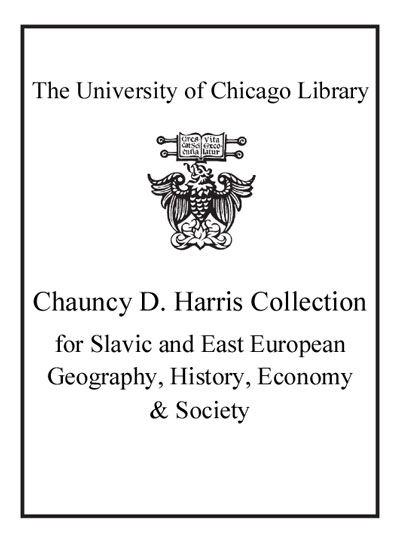Review by Choice Review
In his first book, Campbell (Univ. of California, Davis) makes a valuable contribution to the understanding of Russian imperial rule of the Kazakh Steppe. The author focuses on how czarist authorities and Kazakh intermediaries interacted to negotiate the process of making the population and territory of the steppe legible to the imperial state. This fascinating study weaves through the complexities of gathering, disseminating, and leveraging the empire's growing bureaucratic and scholarly knowledge base of the steppe to more effectively develop and exploit the territory. Joining a group of excellent works from the last decade focused on late-imperial Russian colonial rule in Central Asia, such as Alexander Morrison's Russian Rule in Samarkand, 1868-1910: A Comparison with British India (2005) and Jeff Sahadeo's Russian Colonial Society in Tashkent, 1865-1923 (CH, Mar'08, 45-3949), Campbell's meticulously researched work highlights how this era of at-times cooperative acquisition of knowledge devolved into a one-sided colonial enterprise that led to chaos for the Kazakh Steppe at the end of Romanov rule. Summing Up: Highly recommended. Upper-division undergraduates and above. --Zachariah Henry Claybaugh, Sacred Heart University
Copyright American Library Association, used with permission.
Review by Choice Review

